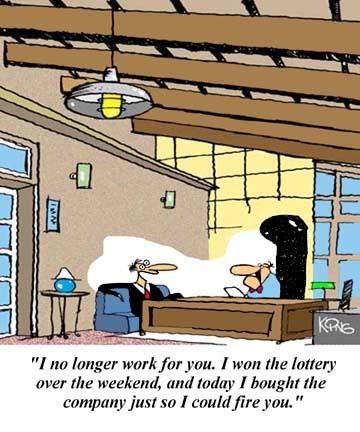 By Joel Persinger
By Joel PersingerYourRealEstateDude.com
The holidays have seen the government begin to wrestle with the on-going problems in the lending and housing market. Congress has been working on several bills, the President has proposed fixes for the mortgage industry and talking heads on television have thrown opinions around like snow balls in Julian. Even the Presidential candidates have started weighing in, promising the moon and the stars and anything else that might help their campaigns garner increases in the polls.
The most recent attempt to save the struggling housing market is the plan announced last week by President Bush. After meeting with mortgage industry leaders, the President announced a plan that would potentially save sub-prime borrowers whose loan rates are about to adjust upward from the “teaser” rates they currently enjoy to much higher interest rate. Without such relief, many people’s mortgage payments could almost double, potentially placing them in the position of having to walk away from their homes. Foreclosures would rise and the housing market would slide deeper into a slump.
In case you haven’t read the news about it, here are the basics. According to the Whitehouse, the plan is meant to help some 1.2 million distressed homeowners by freezing the current low interest rates for some distressed homeowners for a period of five years. There are some limitations: anyone who is 30 days late on their payment or has ever been 60 days late is excluded. Likewise, anyone whose loan adjusts prior to January 1, 2008 or is judged by the lender to be capable of paying the loan at the higher rates is also out of luck. Still in all, it appears to be a decent plan, at least in theory.
The issue at hand is the secondary mortgage market. After they have lent money to homeowners, lenders sell the loans to investors by packaging them into mortgage-backed securities. This means that anyone who has mortgage-backed securities as part of their investment portfolio (401K, money market fund, retirement fund, etc.) quite possibly owns part of these loans. So, how do you solve the problem presented by the fact that big wigs in the mortgage industry have apparently agreed to accept less interest on investments, which in many cases, they no longer own? It seems logical to me that the folks who own these loans just might not agree with the idea of getting less return on their investment, particularly when the big mortgage companies made their money when the sold the loans in the first place. Many in the industry are expecting a number of law suits to be file surrounding this issue which could delay the implementation of the plan.
How this will all flesh out nobody really knows, so the bottom line question in my mind is, “What can you and I do about it?” The simple answer is, if you are in some financial trouble or about to be when your loan adjusts, the only advice I can give you is to hope for the best. Things just might turn out all right. But, just in case the result is not quite what we’ve hoped for, it’s always best to plan for the worst by getting solid advice from professionals you trust. That way you won’t be caught sleeping.


No comments:
Post a Comment